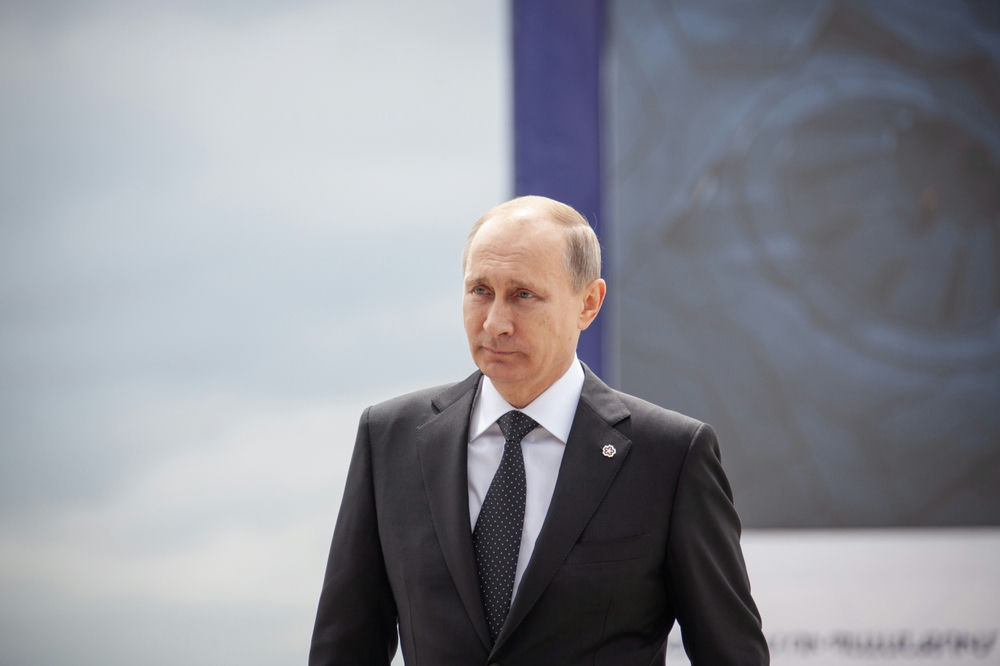UN experts are demanding action as Russia faces intense scrutiny over the trafficking and forced labor of migrant women in Moscow, a situation that has persisted for decades.
UN Experts Demand Action from Russia
The United Nations has once again issued a stern call to Russia: end the trafficking and forced labor of migrant women immediately. On July 28, 2025, a group of UN independent experts publicly urged Russian authorities to address the long-standing issue occurring predominantly in Moscow’s Golyanovo district. These experts presented well-documented allegations of systemic trafficking and exploitation that have plagued migrant women from Uzbekistan and Kazakhstan for over two decades. The call for action underscores the ongoing abuses, including violence and sexual exploitation, faced by these women.
#Russia: UN experts urge authorities to take immediate & decisive action to end long-standing trafficking and forced labour of migrant women in the #Golyanovo district of Moscow, ensuring accountability as well as justice & redress for all victims.https://t.co/c4ZJ1LPcfZ pic.twitter.com/qCqgbhacAc
— UN Special Procedures (@UN_SPExperts) July 28, 2025
Efforts to bring this issue to light have been ongoing, with repeated complaints to Russian authorities and international bodies. However, the European Court of Human Rights (ECHR) ruling in 2023, in the case of F.M. and Others v Russia, highlighted Russia’s failure to meet its obligations to prevent human trafficking. Despite this, there is little evidence of substantial policy changes or effective investigations by Russian authorities.
Patterns of Exploitation
Russian law enforcement and migration policy have been criticized for their systemic failures in protecting migrant women. These failures have allowed organized criminal groups to exploit these women with relative impunity. Golyanovo district in Moscow has become notorious as a hotspot for such abuses. The victims, primarily from Uzbekistan and Kazakhstan, often face precarious legal statuses, lack of social support, and language barriers, making them particularly vulnerable to exploitation.
Historical patterns show that large-scale labor migration from Uzbekistan and Kazakhstan to Russia surged in the early 2000s, peaking in the years between 2010 and 2014. This migration trend was driven by economic disparities and limited opportunities in their home countries. Despite ongoing advocacy and documentation by NGOs and UN experts, Russian systemic failures in law enforcement and migration policy continue to enable widespread trafficking and forced labor.
International Pressure and Implications
The international community, led by the UN and ECHR, has applied pressure on Russia to reform its policies and protect the rights of migrant women. Yet, the lack of effective reforms raises questions about Russia’s commitment to addressing these human rights violations. The ECHR’s ruling established a legal precedent, finding Russia in violation of its obligations under the European Convention on Human Rights, specifically regarding the prohibition of slavery and forced labor.
These systemic failures have significant economic, social, and political ramifications. Economically, disruptions in remittance flows could affect communities reliant on income from abroad, while socially, the continued abuse of migrant women erodes trust in authorities and increases vulnerability and trauma. Politically, Russia faces strained relations with Uzbekistan and Kazakhstan, as well as challenges to its international reputation.
The Path Forward
For real change to occur, comprehensive reforms in both source and destination countries are necessary to protect migrant workers. Experts emphasize the need for Russia to cooperate with Uzbekistan and Kazakhstan to conduct thorough investigations and ensure justice for victims. The situation calls for sustained international pressure to drive policy changes and hold perpetrators accountable.
Without significant reforms, the risk remains that these systemic issues will persist, further marginalizing and abusing vulnerable migrant populations. As the world watches, it is crucial for Russian authorities to take decisive action to end these human rights violations and restore dignity and justice to the women affected.
Sources:
Global Voices: Uzbekistan Seeks New Labor Markets
Times CA: Young Uzbek Men Dominate Russia’s Migrant Workforce in 2024
Times CA: Kazakhstan Replaces Russia as Destination for Uzbek Migrants

